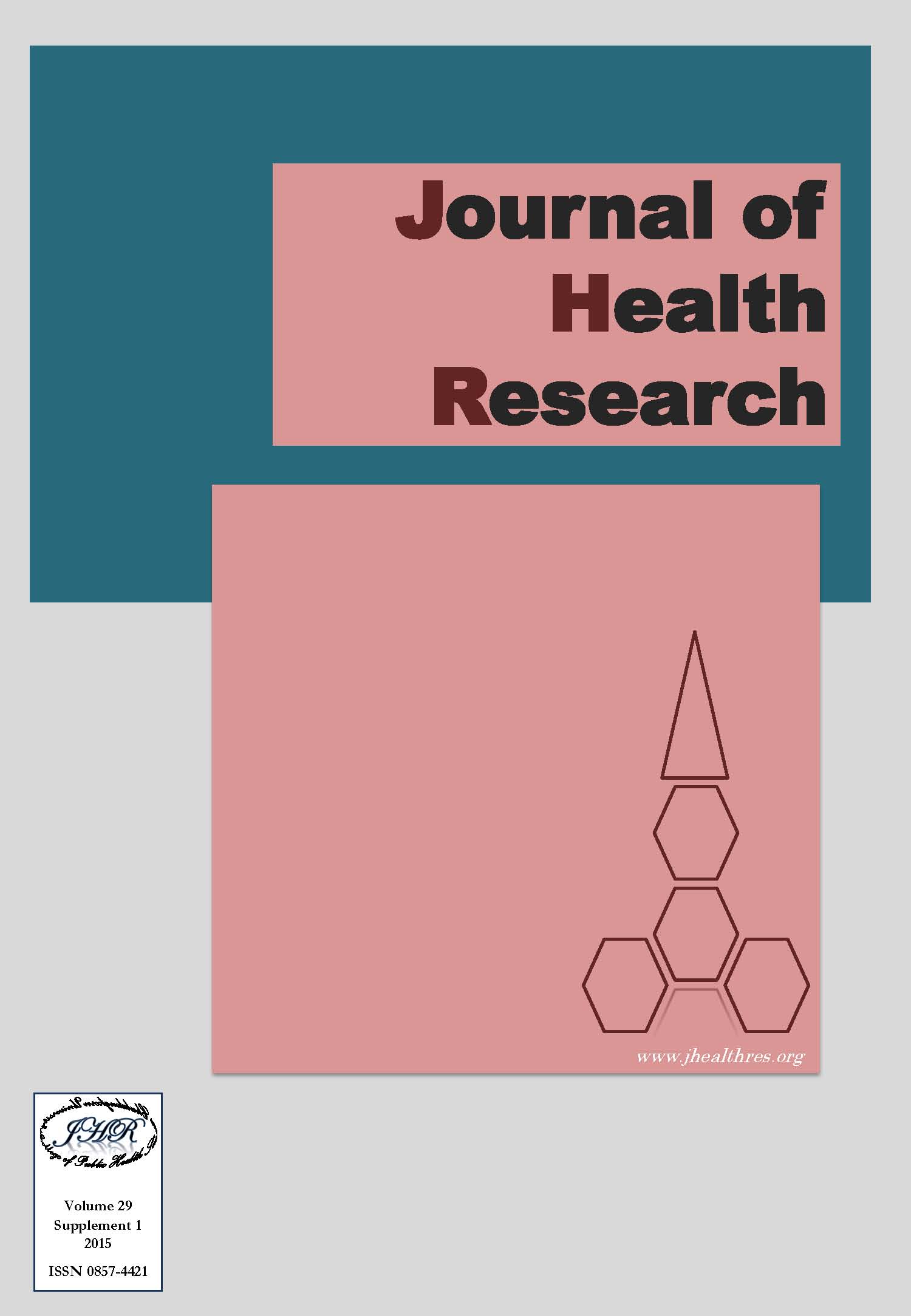The Effect of Self-Efficacy for Smoking-Refusal Program in Junior High School Males, Bengkulu, Indonesia
Keywords:
Self-efficacy, Smoking-refusal program, Junior high school males, IndonesiaAbstract
Background: Adolescence is a susceptible phase for involvement in high risk behaviors including smoking. Self-efficacy to refuse smoking is an important factor for adolescents in controlling developing smoking behavior.
Methods: This study aimed to modify a program to refuse smoking based on self-efficacy by Bandura and to evaluate the effect among male students aged 13–14 years old who attended 7th grade junior high school in Bengkulu, Indonesia. A quasi experimental study with two groups, pre-test and post-test design, was employed. The 5 weeks smoking prevention program based on self-efficacy theory was implemented with 50 seventh grade students in the intervention group. Fifty students in control group received standard curriculum. A self-report questionnaire was used for data collection. Paired t-test and independent t-test were used for data analysis.
Results: The results showed that there was significant difference of self-efficacy for refusal smoking in the intervention group (p< .001); self-efficacy to refuse smoking score improved significantly after intervention. Besides that, the significant difference of self-efficacy for refusal smoking also found between the intervention group and comparison group (p< .001). The participants in the intervention group had higher score in self-efficacy to refuse smoking than did participants in the control group. Thus, the self-efficacy for refusal smoking program had a positive effect to improve adolescents’ self-efficacy to refuse smoking.
Conclusion: The self-efficacy for refusal smoking program could be recommended to prevent smoking in early adolescence.







